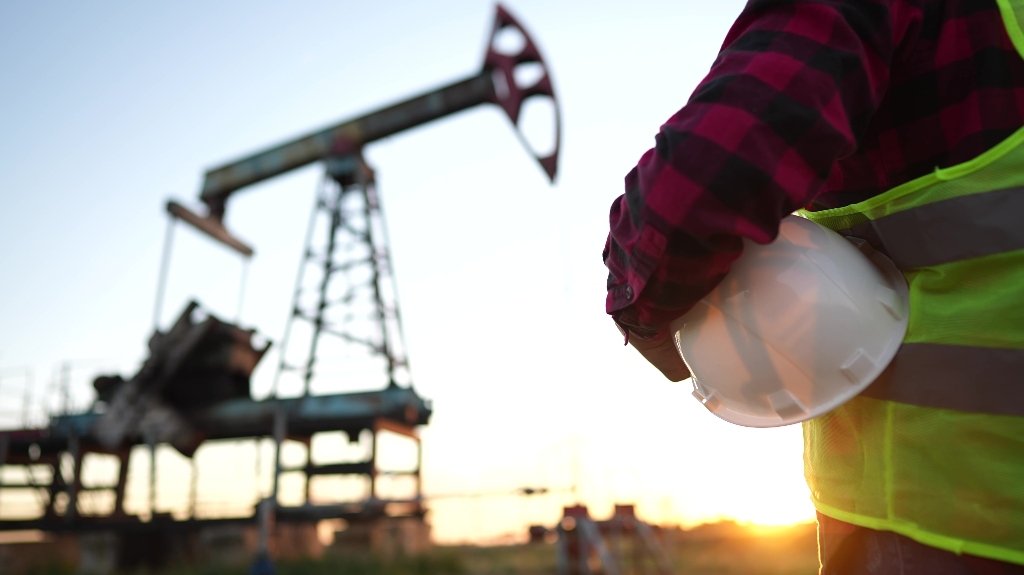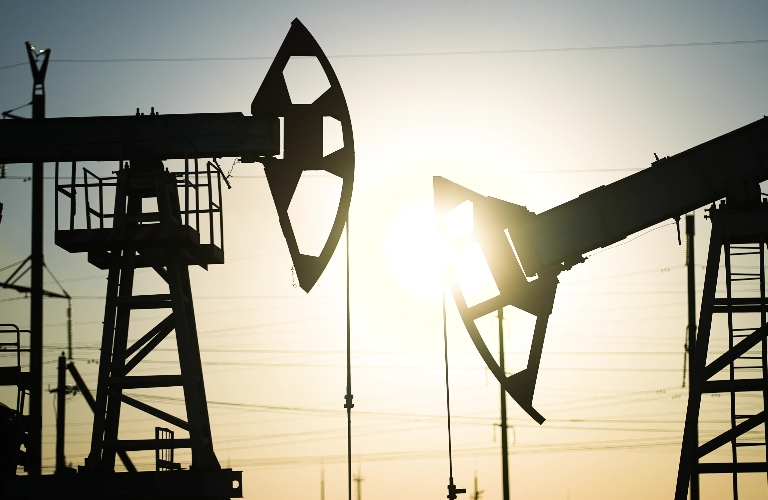
Across the United States, tens of thousands of people make their living by working in oilfields. While it’s not uncommon for gas and oil workers to earn six-figure salaries, this reward is unfortunately overshadowed by the hazards of the job, as many workers find out to their cost.
A study published by the U.S. Occupational Safety & Health Administration in 2023 stated that gas and oil workers face a risk of serious injury that is seven times higher than in any other industry. In fact, between 2018 and 2022, a total of 529 oilfield workers were killed on the job.
Due to the dangers inherent in their line of work, OSHA has set forth detailed regulations designed to mitigate some of the more common causes of oilfield explosions and accidents. After decades of successfully representing injured gas and oil workers, our experience tells us that the overwhelming majority of oilfield injuries, explosions, and accidents are completely preventable and often stem from an employer’s determination to cut corners and disregard important safety regulations intended to protect the health and well-being of Houston oilfield workers.
OSHA Regulation in the Gas and Oil Industries
Oilfield workers are expected to operate specialized machinery, participate in numerous industrial processes, and make contact with or routinely handle dangerous substances and volatile chemicals. These working conditions create considerable health and safety hazards that have the potential to cause severe injury and fatalities if they are not properly addressed.
In order to ensure the safety of their job sites and minimize the risks to workers, oil companies are expected to adhere to specific OSHA standards. Employer responsibilities under OSHA include:
- Communicate the requirements of established operating procedures: Make sure your employees understand the safety standards and expectations that are in place.
- Provide OSHA oil and gas training in languages workers understand: Make sure every worker receives the necessary safety training. It should be accessible and easy to understand.
- Alert workers to hazardous areas: Use labels, color codes, signs, and posters to clearly mark dangerous areas and prevent accidents.
- Outfit workers with proper PPE: Personal protective equipment that adheres to current safety standards should be provided to workers free of charge.
- Maintain safe equipment and tools: Keep your machinery and tools in good working order and conduct regular inspections in order to prevent malfunctions.
- Promptly correct OSHA violations: immediately address any safety hazards noted by an OSHA compliance officer during worksite inspections.
These and other PSHA regulations were created to protect workers from the dangers that are most likely to result in on-the-job injuries and fatalities.
OSHA Violations and Texas Personal Injury Lawsuits
When OSHA regulations are violated by an employer, they often play a significant role in Texas personal injury lawsuits. Although OSHA itself has nothing to do with awarding damages to injured oilfield workers, the results of an OSHA investigation can function as extremely compelling evidence that your employer was negligent in ensuring the safety of your work environment.
In Texas, this type of evidence can strengthen a worker’s injury claim by proving that their employer was aware, or should have been aware, of dangerous working conditions but failed to take appropriate action, creating a link between the worker’s accident and their injuries.
EPA Regulation in the Gas and Oil Industries
The Environmental Protection Agency plays a vital role in regulating environmental safety standards for oil and gas operations. Its rules focus on minimizing pollution, managing waste responsibly, and protecting both workers and nearby communities from exposure to toxic substances. For example, EPA regulations govern the handling and disposal of drilling fluids, the control of air emissions from well sites, and the prevention of groundwater contamination.
When companies fail to meet these standards, the consequences can extend far beyond environmental harm; they can also create hazardous working conditions that lead directly to injury or illness among oilfield employees.
EPA Violations and Texas Personal Injury Lawsuits
Violations discovered during an EPA investigation carry substantial weight in Texas personal injury lawsuits. It is not uncommon for regulatory findings to be used as proof that an operator or your employer failed to obey federal environmental and safety regulations, thereby strengthening your claim for compensation.
In most cases, EPA reports uncover patterns of dangerous practices and neglect that an experienced Houston oilfield injury lawyer can use to prove gross misconduct or negligence. For injured Texas oilfield workers, discovering these patterns helps to demonstrate liability, support claims for lost wages and medical bills, and ensure that careless companies are brought to book for putting profits ahead of worker safety.
RRC Violations and Texas Personal Injury Lawsuits

The Railroad Commission of Texas serves as the state’s primary regulatory authority over oil and gas exploration, drilling, and production. While its name may suggest otherwise, the RRC has long overseen Texas’s vast energy sector, setting standards to ensure the safe development and operation of oilfields. Its regulations cover well integrity, pipeline safety, spill prevention, and emergency response procedures, all crucial to protecting both workers and the surrounding environment.
When operators fail to follow RRC rules, the risks of explosions, blowouts, and toxic exposure increase dramatically. In legal claims, violations of RRC standards can help demonstrate a company’s failure to meet its duty of care, providing powerful evidence in support of injured workers seeking justice and compensation.
Talk to a Houston Oilfield Injury Lawyer
Understanding how regulatory enforcement findings influence liability and compensation is the cornerstone of building a compelling case. If you were injured in a Houston oilfield accident, contact Parks Law, PLLC today at 713-979-3500 or reach out through our website to discuss your rights and explore your options for recovery with an experienced Houston oilfield injury lawyer.
